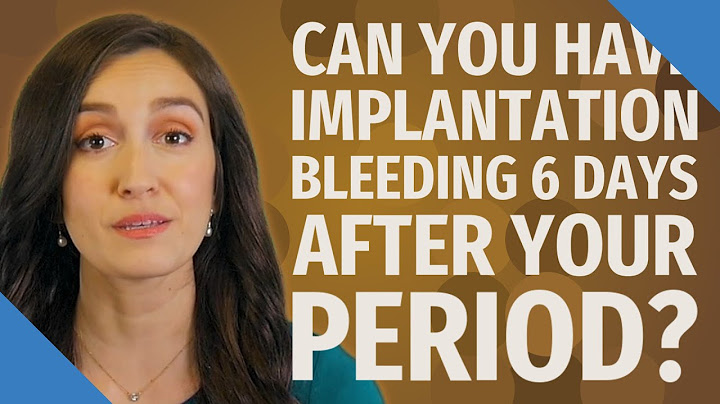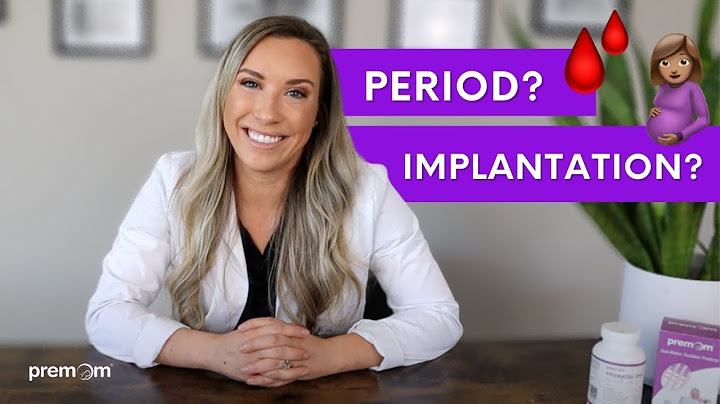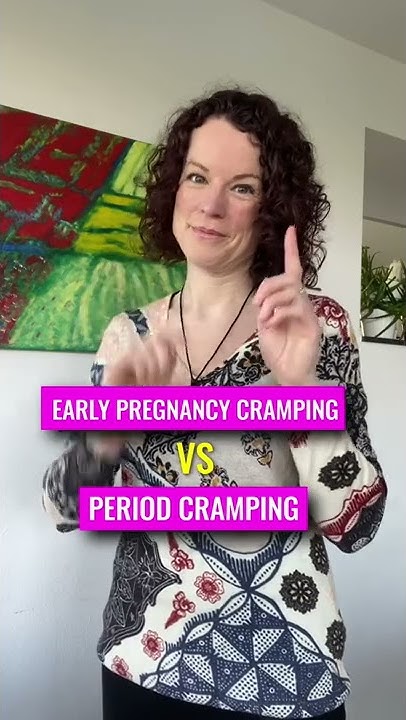I was 8 days late for my period and had 2 positive digital pregnancy tests then 3 days later got my period..nothing was unusual about it so i took another test that read negative..what do i believe? could i still be pregnant? ive been having unprotected sex for the past 8 months. Show Pregnancy tests are very accurate. Most home pregnancy tests work 99 out of 100 times if used after a missed period. You probably had a very early pregnancy loss (miscarriage). A very early miscarriage can feel very similar to a regular period. Lots of people experience this kind of pregnancy loss. For every 10 pregnancies, 1 to 2 end in miscarriage. Miscarriage is most likely to happen early in pregnancy — in fact, 8 out of 10 miscarriages happen in the first 3 months of pregnancy. Not all miscarriages cause physical pain. But most people have some cramping. For some, the cramping can be quite strong. For others, it’s gentler (like a period or less). You may also have bleeding and may pass large blood clots if you’re a bit further along in pregnancy. It’s common to be surprised or scared by the heavy bleeding that can happen during a miscarriage. Whether it’s painful or not or happens quickly or not, miscarriage can be a very upsetting experience. Keep in touch with your doctor or nurse about what’s going on and how you’re feeling. They can let you know what is and isn’t normal, and give you resources for emotional support if you need it. Learn more about miscarriage. Tags: miscarriage, periods, pregnancy tests If you’ve had bleeding early in your pregnancy, you’re not alone. Many other pregnant women have early bleeding, too. And in most cases, nothing is wrong. But your healthcare provider still needs to know about it. They may want to do tests to find out why you’re bleeding. Call your provider if you see bleeding during pregnancy. Tell your provider if your blood is Rh negative. Then they can figure out if you need anti-D immune globulin treatment. What causes early bleeding?The cause of bleeding early in pregnancy is often unknown. But many factors early on in pregnancy may lead to light bleeding (called spotting) or heavier bleeding. These include:
If you see spottingLight bleeding is the most common type of bleeding in early pregnancy. If you see it, call your healthcare provider. Chances are, they will tell you that you can care for yourself at home. If tests are neededDepending on how much you bleed, your healthcare provider may ask you to come in for some tests. A pelvic exam, for instance, can help see how far along your pregnancy is. You also may have an ultrasound or a Doppler test. These imaging tests use sound waves to check the health of your baby. The ultrasound may be done on your belly or inside your vagina. You may also need a special blood test. This test compares your hormone levels in blood samples taken 2 days apart. The results can help your provider learn more about the implantation of the embryo. Your blood type will also need to be checked to assess if you will need to be treated for Rh sensitization. Warning signsIf your bleeding doesn’t stop or if you have any of the following, get medical care right away:
Questions you may be askedBleeding early in pregnancy isn't normal. But it is common. If you’ve seen any bleeding, you may be concerned. But keep in mind that bleeding alone doesn’t mean something is wrong. Just be sure to call your healthcare provider right away. They may ask you questions like these to help find the cause of your bleeding:
Monitoring your pregnancyBleeding will often stop as quickly as it began. Your pregnancy may go on a normal path again. You may need to make a few extra prenatal visits. But you and your baby will most likely be fine. Is it normal to bleed after having a positive pregnancy test?You may experience light pink or brown spotting after a positive pregnancy test. This could be due to implantation bleeding, which occurs when a fertilized egg implants in the lining of the uterus, one to two weeks after conception.
Can you have a 3 day bleed and still be pregnant?You may experience some normal spotting within the first six to 12 days after you conceive as the fertilized egg implants itself in the lining of the uterus. Some women don't realize they are pregnant because they mistake this bleeding for a light period.
|

Related Posts
Advertising
LATEST NEWS
Advertising
Populer
Advertising
About

Copyright © 2024 kemunculan Inc.


















